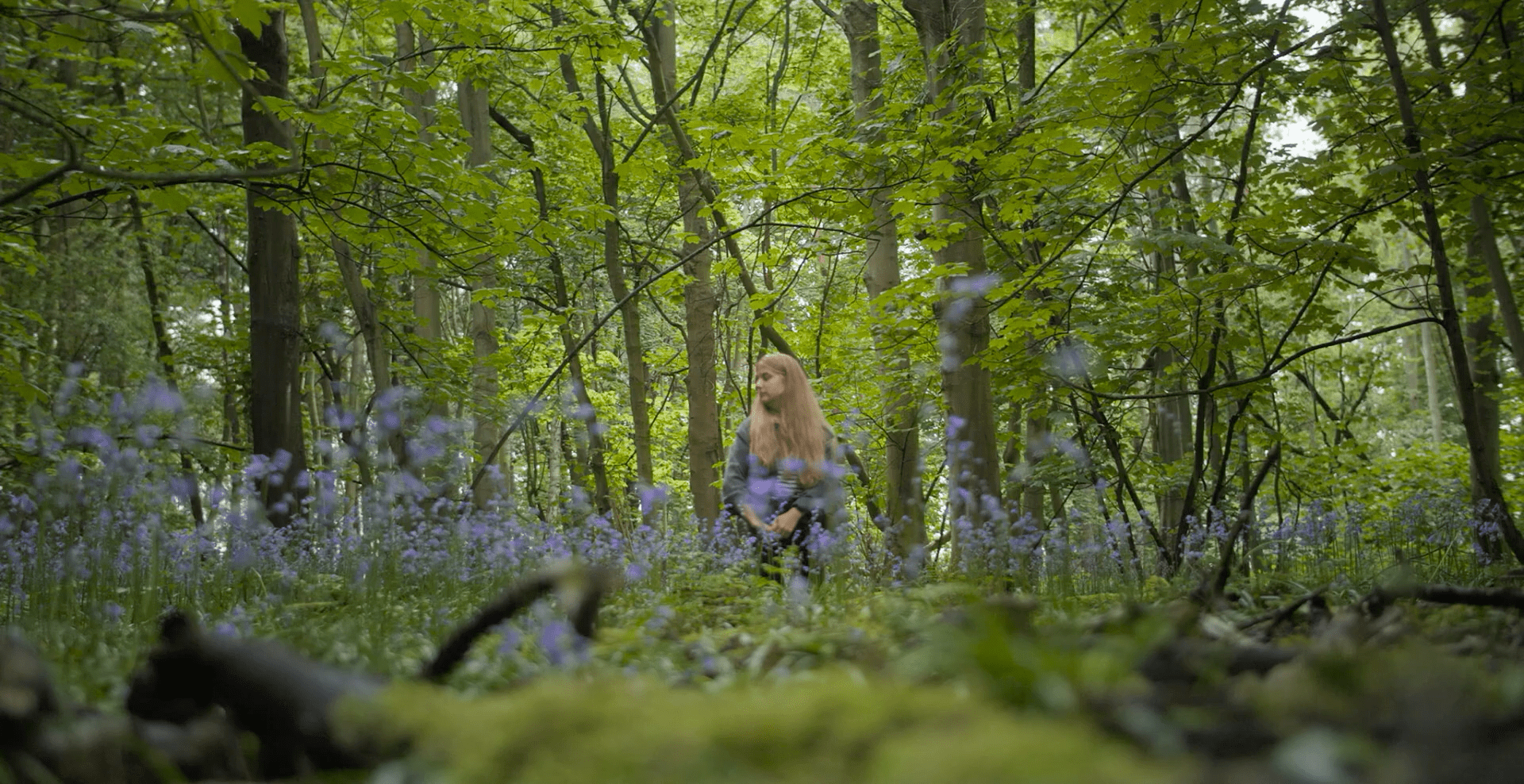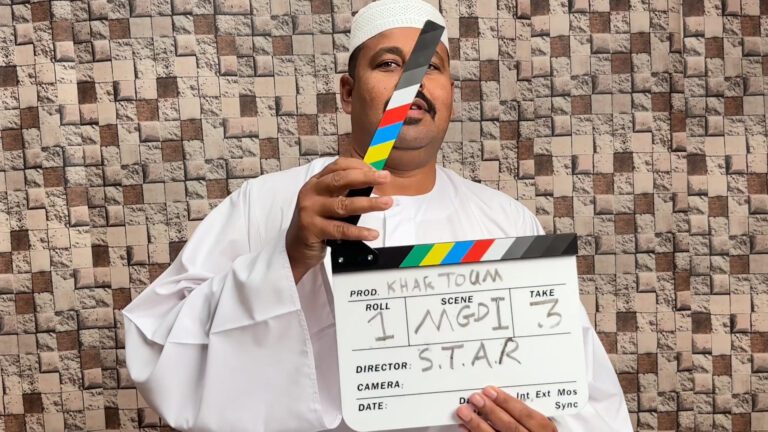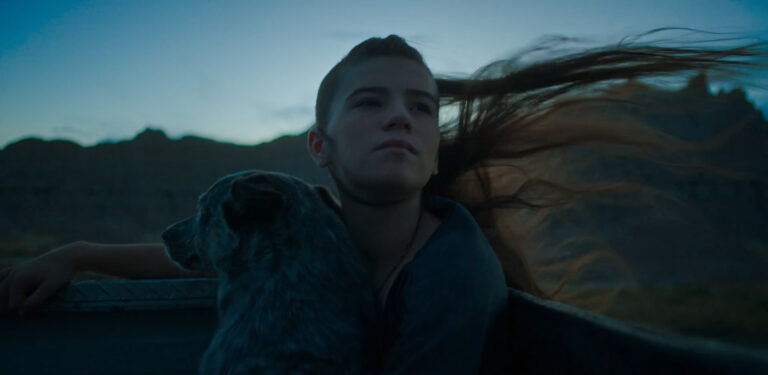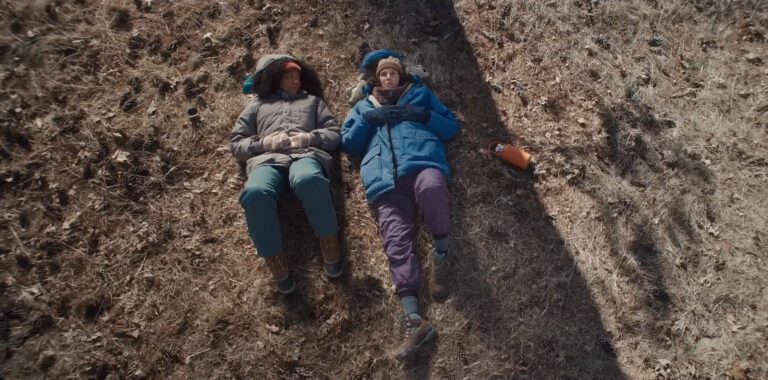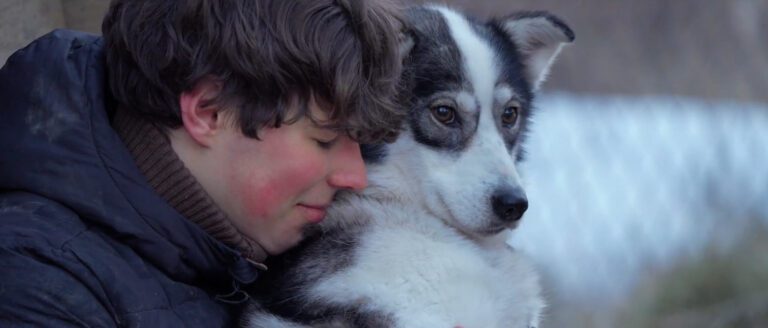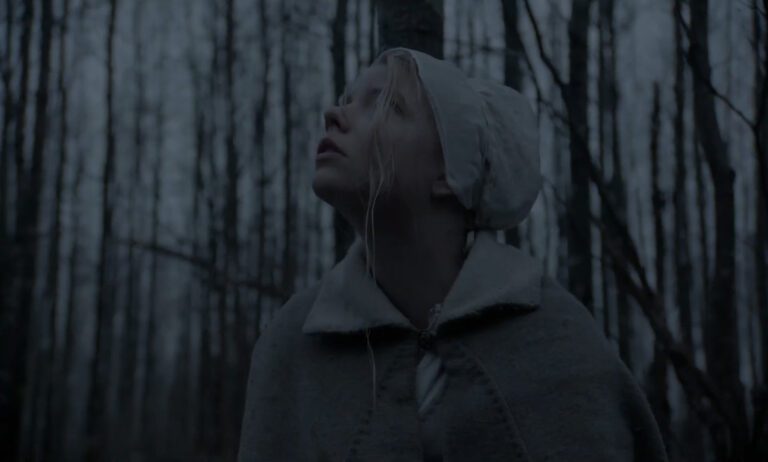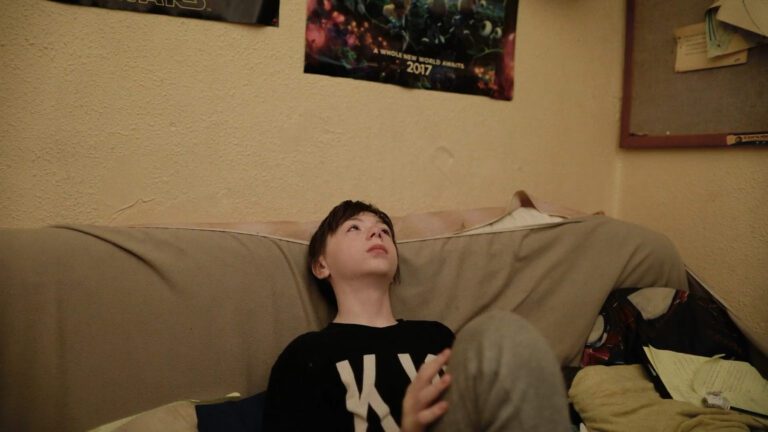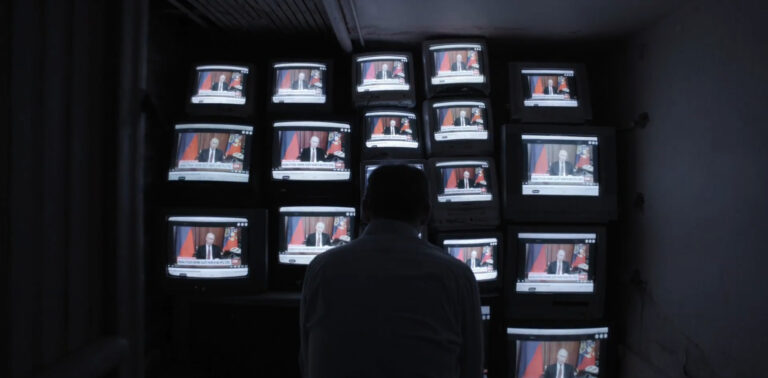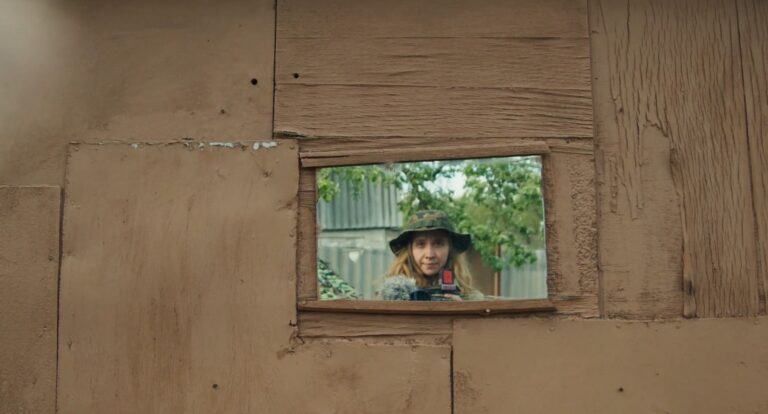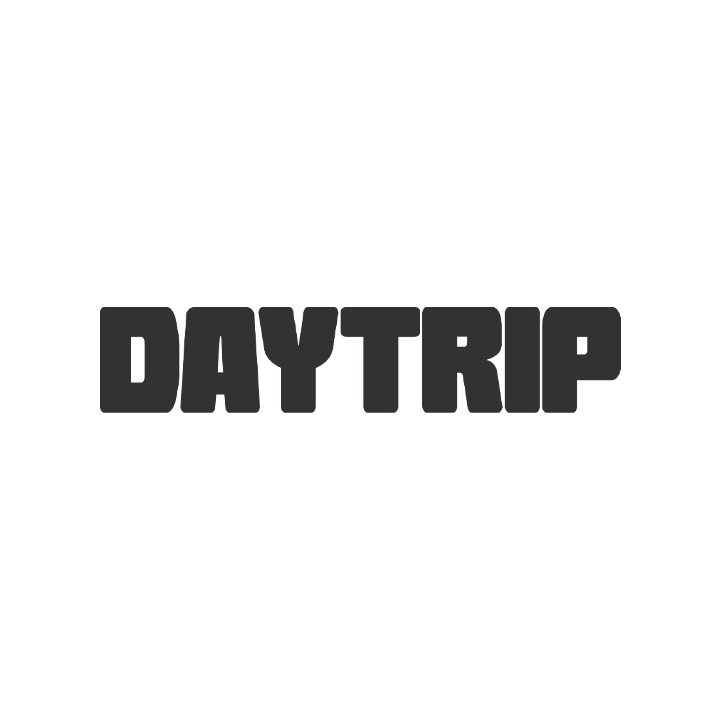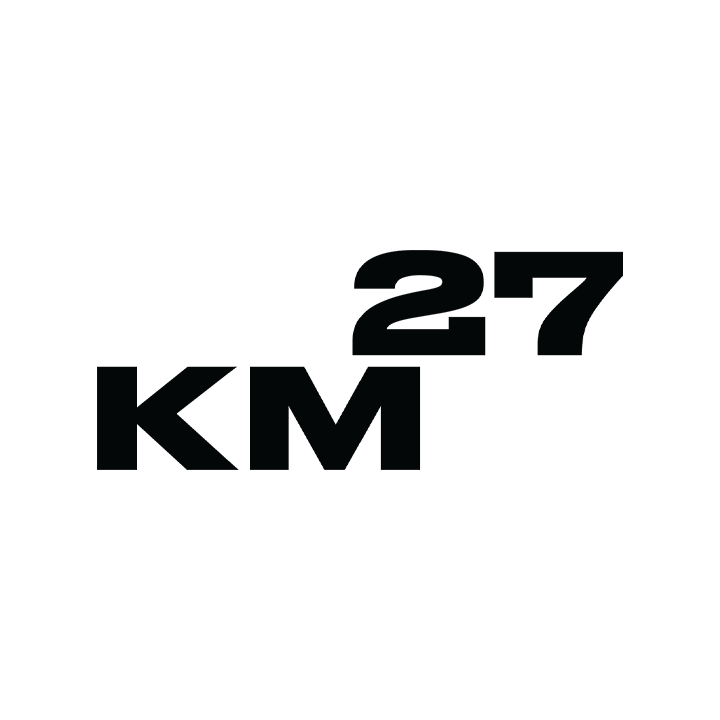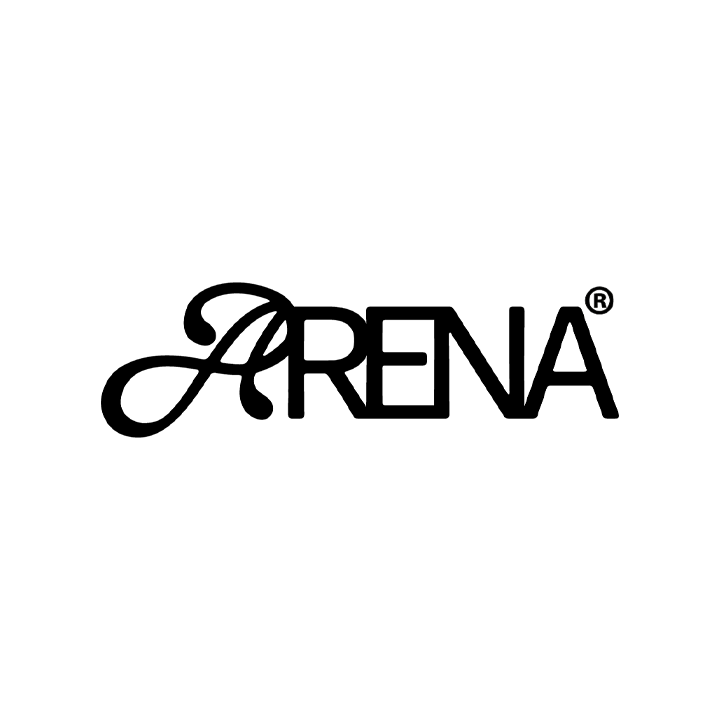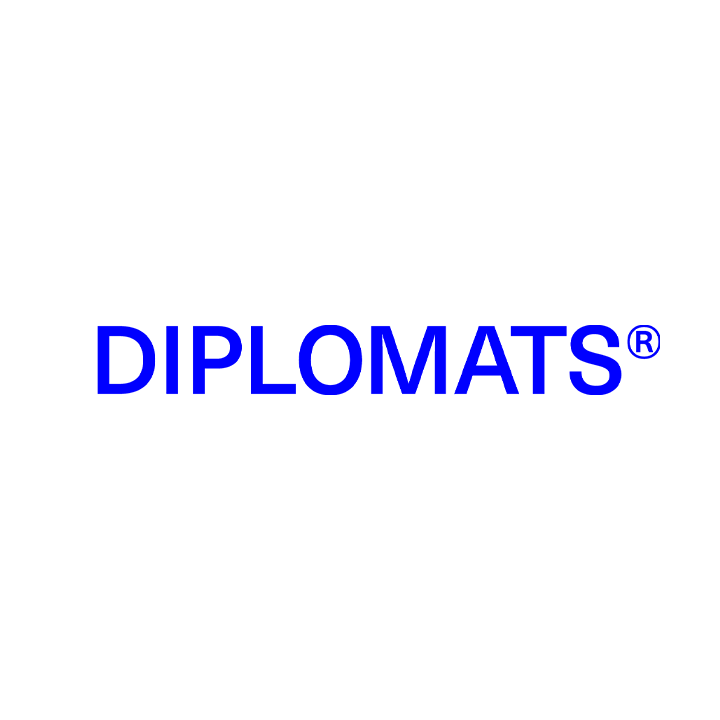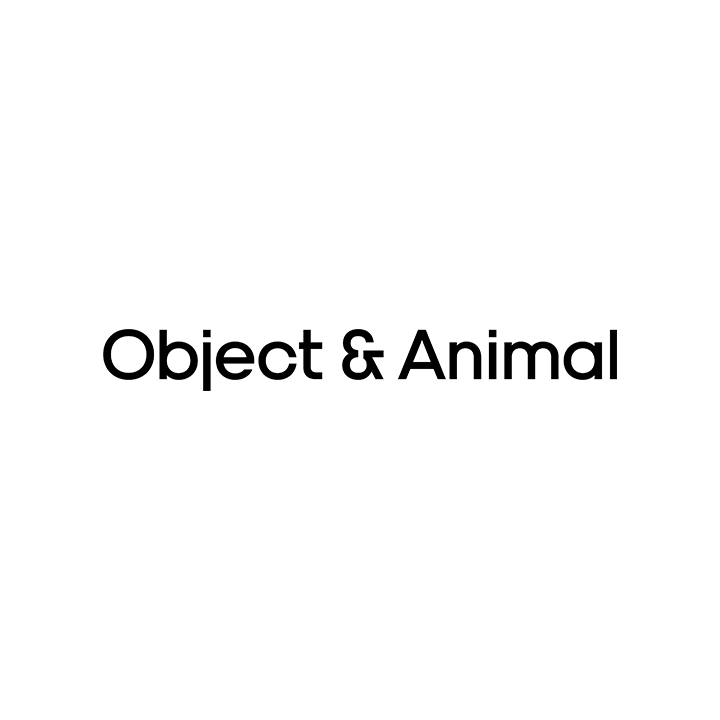Suggested Terms
Director
Location
Format
Festival
Agency
Production Company
Record Label
Award
Country
- United Kingdom
Film Festival
- Sundance Film Festival
November 2023
Ella Bee Glendining directs ‘Is There Anybody Out There?’.
While navigating daily discrimination, a filmmaker who inhabits and loves her unusual body searches the world for another person like her, and explores what it takes to love oneself fiercely despite the pervasiveness of ableism.
Country
- United Kingdom
Film Festival
- Sundance Film Festival
Credits
-
Director
-
Producer
Janine Marmot
-
Director of Photography
Annemarie Lean-Vercoe →
-
Editor
Rachel Roberts →
-
Erland Cooper
Erland Cooper
